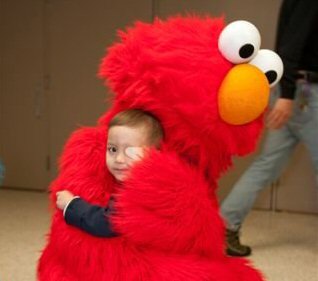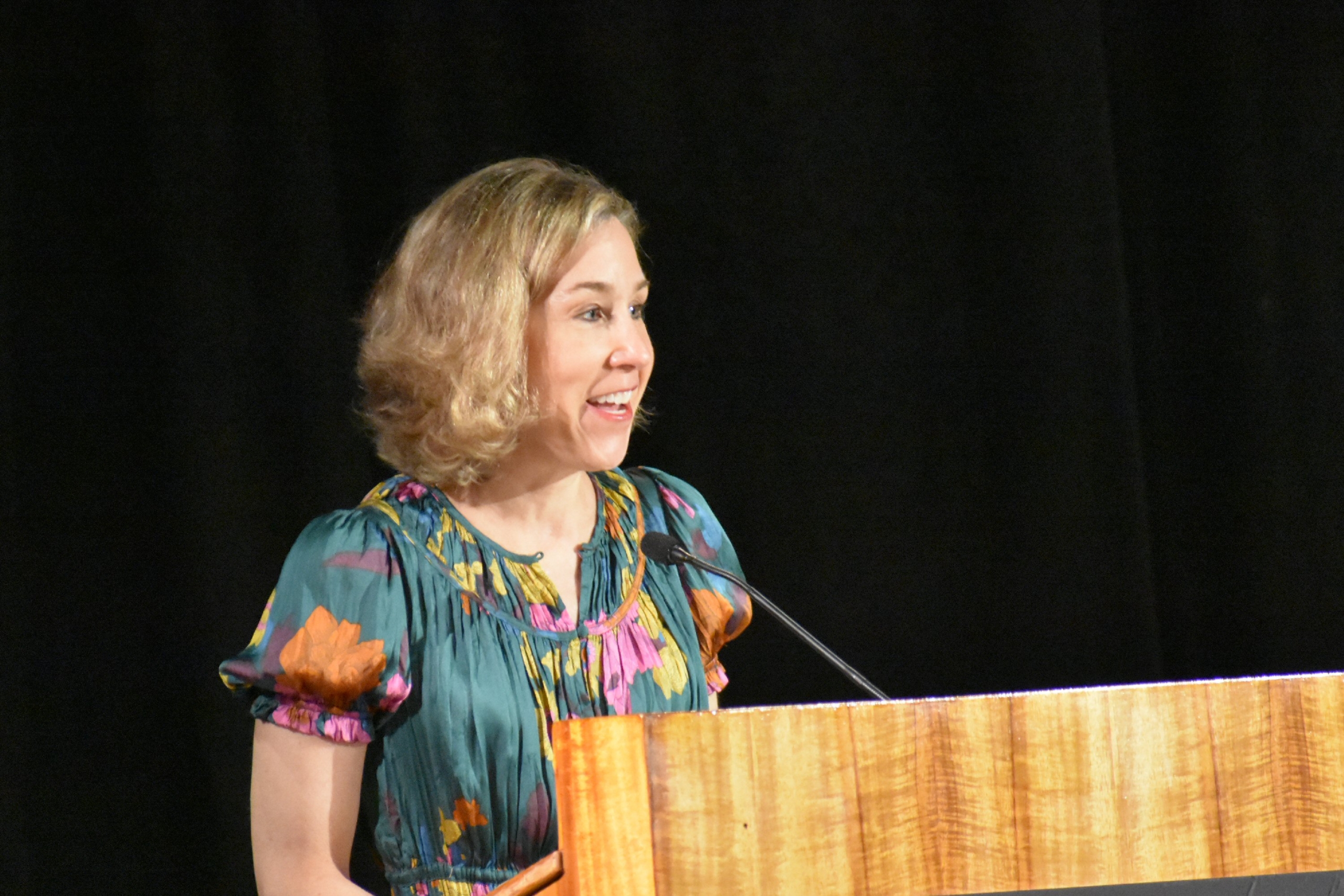Retinoblastoma Family Days: Building Connection, Camaraderie, and Hope
When retinoblastoma changes everything, connection and understanding are vital. Family Days provide a soothing space for families and survivors to gather, share, and heal together. WE C Hope USA President, Marissa Gonzalez, and our blog curator, Abby White, explore how these special events foster community, joy, and hope across the retinoblastoma journey.










